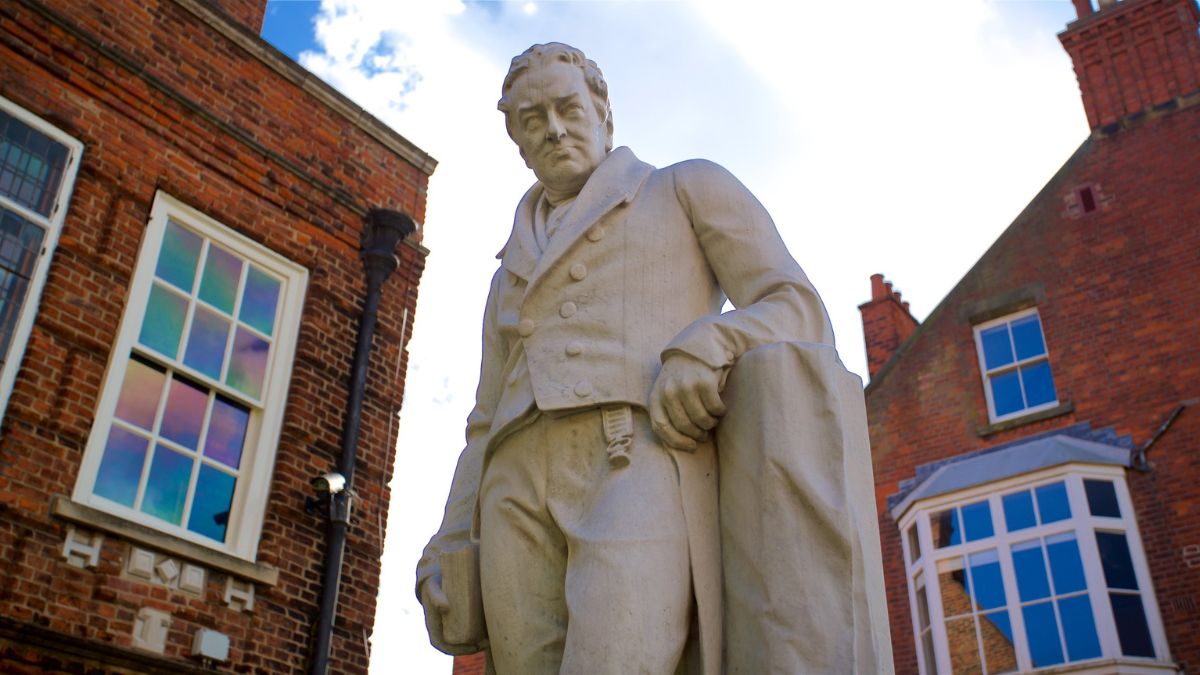

BreakPoint
Evidence for the Exodus
“The Exodus and Moses Are Merely Myths”—headlined a story in London’s Daily Telegraph. The article dismissed the biblical account as merely part of Israel’s “falsified heroic legends.” But new research demonstrates that the events of the Book of Exodus really did happen. Liberal scholars have long scoffed at the story of the Exodus. They’ve insisted that Israelites weren’t even living in Egypt at the time when the Bible records their slavery. What does the evidence tell us? Recently, archaeologists working in the Nile Delta unearthed the remains of a house that is completely different from the Egyptian houses around it. This house follows the pattern of houses that the Israelites later built in Canaan. In fact, the floor layout is known as “the Israelite-type house.” And this Israelite house was discovered in Tell el-Dab’a—the location of the biblical city of Ra’amses. That’s where, according to the biblical text, the Israelites lived in slavery to Pharaoh. That’s confirmation of the biblical account of the Israelites’ sojourn in Egypt. Here’s another example of the historicity of the biblical record. The Bible says that on their way out of Egypt the Israelites camped at the ancient city of Dibon. Skeptics insist that Dibon didn’t even exist at the time of the Exodus. But archaeologists kept looking—and discovered inscriptions in Egypt, at the temple of Amon at Karnak, describing an ancient trade route from Egypt into Palestine. One of the cities listed as lying along this route at the time of the Exodus is none other than Dibon. This shows that the Israelites actually followed a heavily trafficked Egyptian road that did exist at the time of the Exodus. Hershel Shanks, writing in Biblical Archaeology Review, concludes that “we [thus] have irrefutable primary historical evidence for the existence of the city of Dibon” in the time of the Exodus. There’s an interesting historical collaboration for one puzzling detail mentioned in the biblical text. There were at least two possible routes that the Israelites could have taken out of Egypt. According to the Book of Exodus, God specifically directed the Israelites not to go along the coastal route by the Mediterranean—even though it was the shorter and more direct route back to Canaan. Scholars have recently unearthed the reason why: The shorter coastal route was studded with Egyptian military garrisons. The Israelites would have walked right into the jaws of the lion. All this historical confirmation should come as welcome news to Christians—because the Exodus is one of the pivotal events of the Bible. It becomes the paradigm of God’s miraculous deliverance of His people, and if it isn’t true then the veracity of the rest of the Bible is compromised along with it. Christians need to be aware of the factual foundations of our faith. Because, as archaeologist William Dever says, “the only new facts about the Bible are coming out of the ground.” And, contrary to the skeptics, the archaeologist’s spade is steadily unearthing new evidence for the Bible’s historical accuracy.
03/19/97















